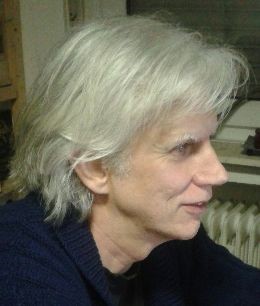Jan Beaufort: Conspiracy or Religious History?
Some Objections to Trevor Palmer's hasty classification of the Heinsohn-Thesis as conspiracy theory
In his essay The Chronology of Europe from the Reign of Septimius Severus to that of Maurice, according to Sources from the Fourth to the Ninth Centuries, Trevor Palmer summarizes traditional knowledge of the chronology of Europe from the rule of Septimius Severus to Maurice. In addition, he draws attention to many places where Gunnar Heinsohn's theory of the catastrophic fall of the Roman Empire in the 3rd = 6th = 10th century stands in contradiction to this traditional knowledge.
These numerous contradictions to traditional knowledge, Palmer assumes, insinuate that Heinsohn must support the idea of a conspiracy among those who passed down this traditional knowledge ("conspiracy of forgery on a gigantic scale"), because the traditional knowledge is in itself consistent (”high degree of consistency"). In other words, according to Palmer the consistency of traditional knowledge either proves its truth, or the traditional knowledge itself would be the result of a gigantic conspiracy; a third possibility is inconceivable. Since Palmer now rightly rejects the idea of a grand conspiracy, logically he cannot help but reject Heinsohn's thesis. Because this is clear, he no longer needs – again, being logically consistent – to deal with Heinsohn’s thesis from the perspectives of archaeology, geology, architecture and scientific age determination.
Go to the article in pdf
Jan Beaufort

Jan Beaufort is a Professor of Philosophy at the University of Würzburg, Germany, since 1983. He is the author of numerous publications, with emphasis on anthropology, philosophy of nature and social philosophy, such as Die gesellschaftliche Konstitution der Natur. From 2006 to 2012, he was a co-editor of the weblog www.fantomzeit.de and has made several contributions in the field of critical chronology in Heribert Illig's Zeitensprünge, such as"Arius und Ali" and "Arianer und Aliden." He studied Philosophy and Theology at the Rijksuniversiteit in Leyden (Netherlands) and Philosophy, Theology and History at the University of Würzburg.

